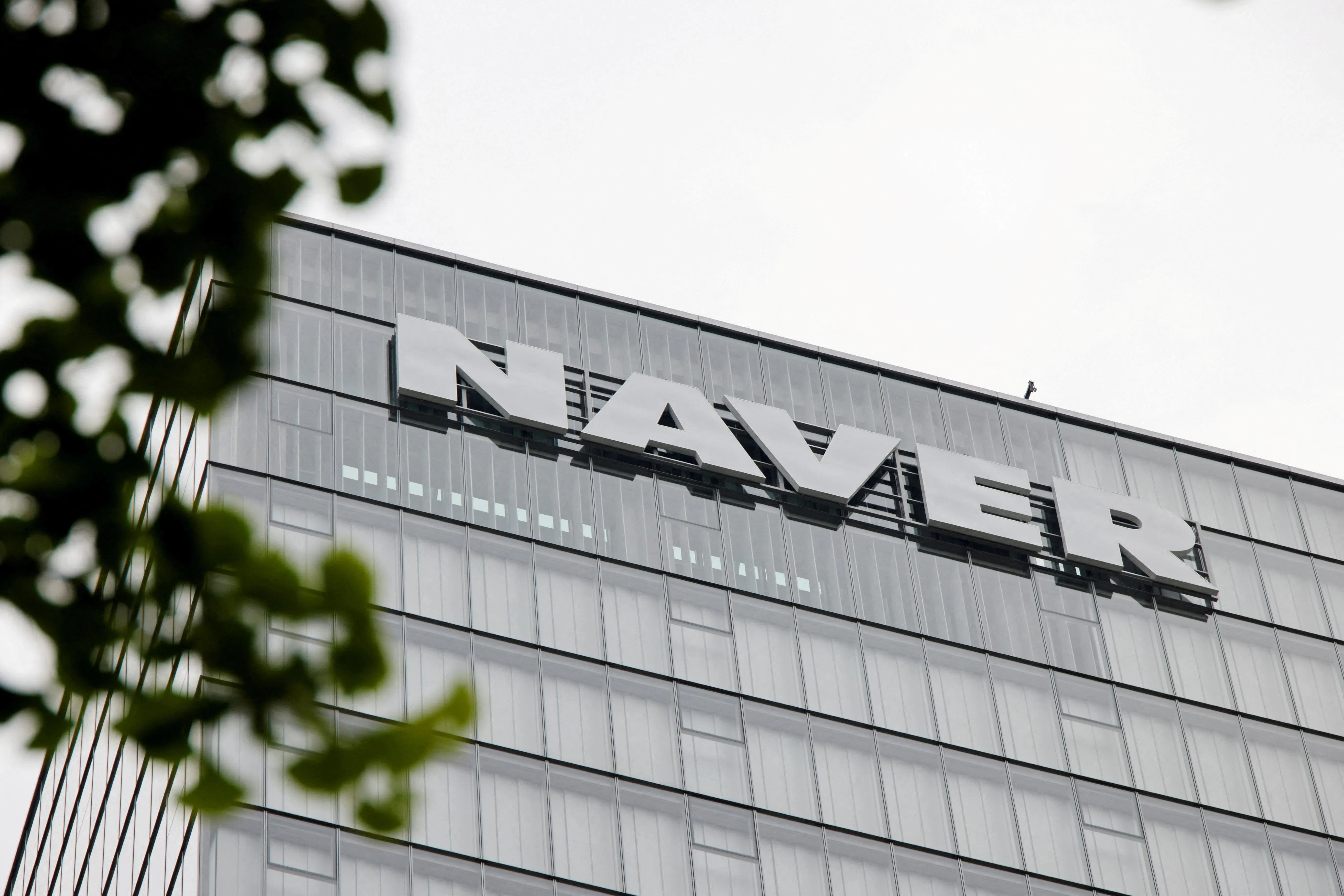A joint venture set up in 2019 by a top Japanese company and a top South Korean company was hailed as a beacon of cooperation amid strained diplomatic relations.
Executives from South Korea’s Naver and Japan’s SoftBank Group said they would jointly own the operator of Line, a South Korean-developed messaging app popularised in Japan. They gave the project a code name that emphasised cooperation: Gaia.
Five years later, Japan and South Korea have made significant strides in easing long-standing historical tensions. But a rift has emerged over the ownership of the Naver-SoftBank venture, and diplomats and international relations experts fear it could again put stress on ties between the countries.
Japan and South Korea – key United States allies in Asia – have a sensitive history. Japan colonised Korea from 1910 until Japan’s surrender in World War II, in 1945, and Japan and South Korea have often scuffled over territory and geopolitical differences.
“As we’ve seen many times in the past, relations between Japan and Korea shift, and smaller points of tension – whether they be wartime or modern – can quickly escalate to impact defence and diplomacy more broadly,” said Maiko Takeuchi, regional managing director at CCSI, a group in New York that advises governments on international security issues.
The stakes are elevated given concerns about North Korean nuclear proliferation and heightened instability in the region, Takeuchi said. “There is a strong view from the US and elsewhere that preserving Japan and Korea’s good relations is more important than ever,” she said.
BT in your inbox
Start and end each day with the latest news stories and analyses delivered straight to your inbox.
The messaging platform at the centre of the dispute, Line, was introduced in Japan in 2011 by Naver, the operator of South Korea’s leading search engine.
After the Tohoku earthquake and tsunami that year, when phone lines in Japan were disrupted, Line enabled users to communicate via an internet connection.
Since then, Line, known for its in-screen stickers featuring expressive rabbits and bears, has become Japan’s most popular messaging app – amassing hundreds of millions of users and expanding into Thailand, Taiwan and Indonesia.
In 2019, SoftBank founder Masayoshi Son and Naver co-founder Hae-Jin Lee agreed to create a 50-50 joint venture that would indirectly operate Line. Reports referred to the deal as the “Son-Lee alliance,” at a time when Japanese-South Korean relations were at a historic low.
The previous year, South Korea’s Supreme Court had ordered several Japanese companies to compensate South Koreans forced to work in their factories during World War II. Japan reacted to the judicial order in 2019 by imposing export restrictions on chemicals essential to South Korea’s semiconductor industry.
The countries’ top leaders were not speaking, and there was talk of severing intelligence-sharing agreements. This was a big problem for the United States, which had been trying to get Japan and South Korea to work together to counter challenges from China and North Korea.
But relations between South Korea and Japan then improved greatly. In March 2023, South Korean President Yoon Suk Yeol announced a plan to compensate former forced laborers using money from a government-led fund. Later that month, Yoon met one-on-one with Japanese Prime Minister Fumio Kishida – the first such meeting in 12 years – and Japan lifted its restrictions on semiconductor material exports.
But late last year, cracks started opening in the Naver-Softbank venture.
Line’s operator, a company called LY Corp, said in November that a third party had gained unauthorised access to its systems via Naver’s cloud storage system. In turn, Japan’s communications ministry issued an ambiguous statement that was widely interpreted as a directive to Naver to sell down its stake in its joint venture.
In South Korea, the move caused a stir. Some analysts and politicians interpreted it as an attempt by Japan to use political pressure to undermine Naver, one of South Korea’s biggest companies. Naver’s union said it opposed any sale, and the company’s CEO, Choi Soo-Yeon, said she found the Japanese government’s directive “highly unusual.”
An editorial last month in the Korea Economic Daily equated the move to state interference. “For the Japanese government to now demand Naver’s exit, after all the hard work and investment, seems at odds with the principles of a civilized nation,” the article stated.
In South Korea, opposition parties have criticised Yoon for taking what they view as overly conciliatory positions toward Japan, and cite Naver as the latest victim of those policies. Cho Kuk, a key ally of South Korea’s former president, has called Yoon’s approach to Japan “humiliating,” accusing the president of failing to support a successful domestic firm.
Leaders on both the Japanese and South Korean sides appear determined to prevent the quarrel over Line from escalating. Kishida and Yoon agreed in late May that the dispute should not get in the way of diplomatic relations.
How Japan handles the issue of Line’s ownership may affect the trajectory of Japanese-Korean relations, said Yul Sohn, president of the East Asia Institute, a think tank in Seoul, South Korea.
“From the Korean side, the general public believes that the Yoon government has shown its intentions and the cup is still half empty and waiting for Japan to respond,” he said.
If Japan shows it is willing to reciprocate, even through a gesture such as a concession related to the dispute over Line, Yoon could use that to maneuver further cooperation, Sohn said.
“We are in a phase of recovering relations, but both parties are highly aware of what has happened in the past,” he said. “Even with a stronger foundation built, there are still cracks that need to be reckoned with.” NYTIMES




